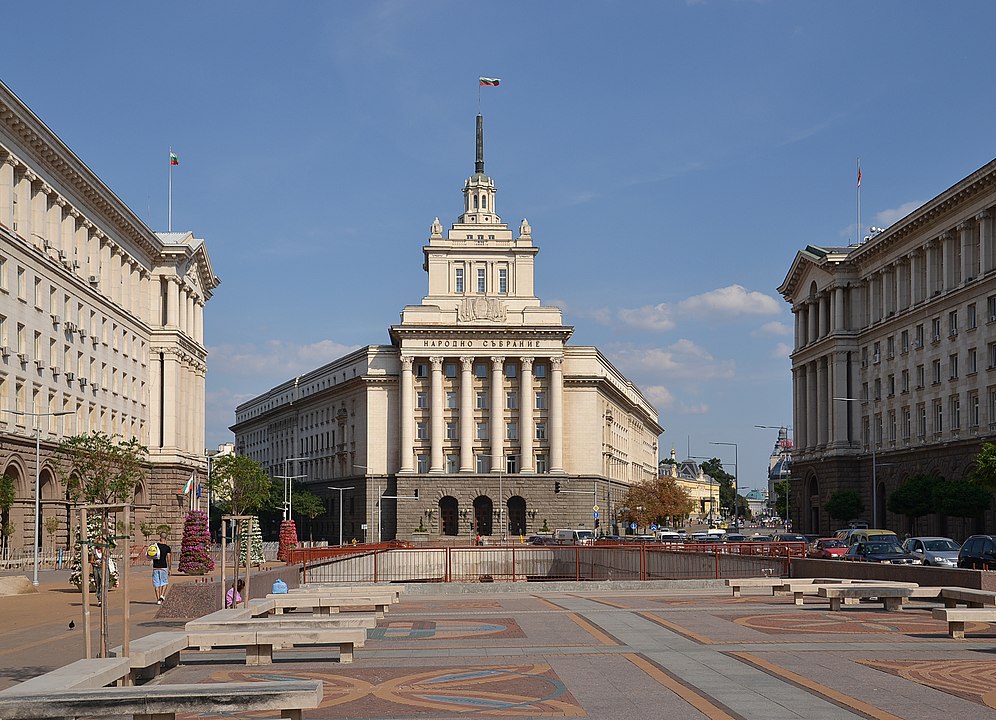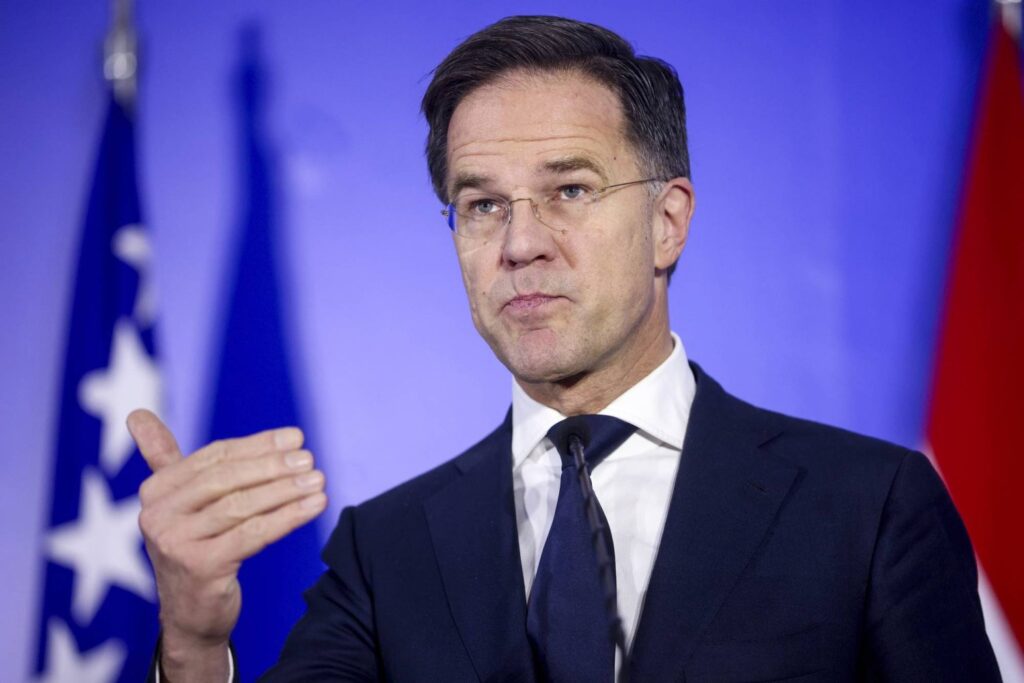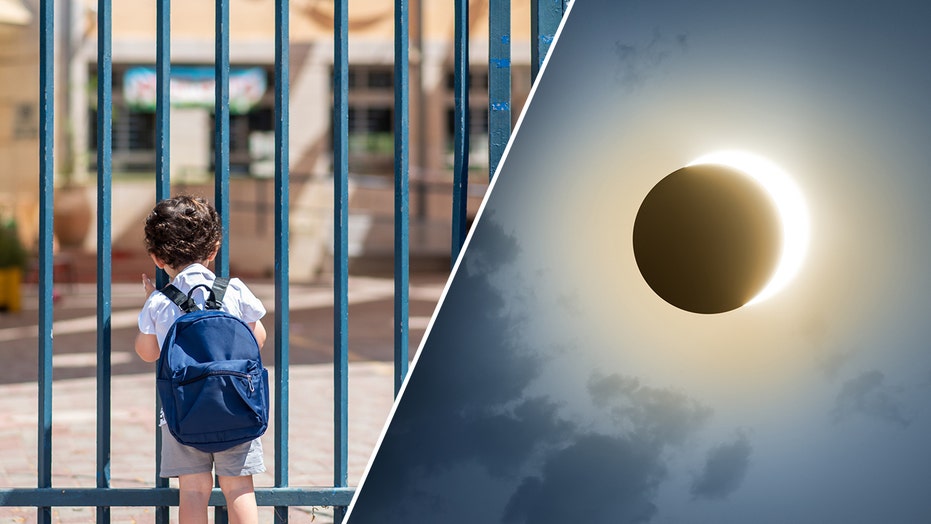Bulgarian leader withdraws Ukraine security support as Trump’s peace talk speculation grows
Bulgarian deputy Boyko Borissov withdraws support for Ukraine security agreement amid growing peace talk discussions.


Former Bulgarian Prime Minister and current leader of the Citizens for European Development of Bulgaria (GERB) party, Boyko Borissov, says he no longer supports signing a bilateral security agreement with Kyiv amid growing discussions in Europe and the US regarding peace negotiations, EurActiv reports.
Following Trump’s election victory, discussions have emerged about potential peace talks between Ukraine and Russia, as Trump has expressed a desire to end the war swiftly. However, it remains uncertain how he will persuade Moscow to engage in negotiations. Reports suggest that Trump might consider a peace deal that compromises Ukraine’s territorial integrity, raising concerns among allies about future US support for Ukraine.
Bulgaria’s interim Prime Minister, Dimitar Glavchev, was expected to sign the security agreement with Ukrainian President Volodymyr Zelenskyy during a visit to Brussels on 11 December. However, the Bulgarian government withdrew from the initiative, seeking parliamentary approval instead. GERB, Borissov’s party, holds the most seats in parliament. Glavchev had previously committed to joining the initiative back in October.
Only six of the EU’s 27 member states—Bulgaria, Hungary, Austria, Slovakia, Malta, and Cyprus—have yet to sign such an agreement.
Since Russia’s all-out war against Ukraine in 2022, GERB has supported military aid for Kyiv, with Borissov often highlighting this as evidence of his party’s pro-Western stance. However, he stated that the situation has now changed.
“Six months ago, we would have categorically supported such an agreement,” said Borissov.
He added that “we will work for a reconstruction or peace process” in Ukraine but stressed that such an agreement should be signed by a regular government capable of drafting a mutually beneficial deal.
Borissov did not specify what he considered lacking in the mutual benefit of the proposed agreement. When asked how a regular government, potentially involving the socialist BSP party, could sign a military cooperation agreement with Ukraine, Borissov stated, “If the agreement is mutually beneficial, no side will object.”
The BSP, the Bulgarian Socialist Party, opposes providing any military aid to Ukraine. Despite holding only 20 of 240 parliamentary seats, it could become a key coalition partner in a GERB-led government.
Related:
- Bulgarian President admits blocking appointment of pro-western ambassador to Kyiv
- Radiation monitoring station destroyed near Russian-occupied Zaporizhzhia nuclear plant, IAEA says
- Bulgarian Orthodox Church elects pro-Kremlin Metropolitan Daniil as new Patriarch
- Zelenskyy tells EU Russia has almost entirely destroyed Ukraine’s thermal power capacity, asks for air defense help
You could close this page. Or you could join our community and help us produce more materials like this.
We keep our reporting open and accessible to everyone because we believe in the power of free information. This is why our small, cost-effective team depends on the support of readers like you to bring deliver timely news, quality analysis, and on-the-ground reports about Russia's war against Ukraine and Ukraine's struggle to build a democratic society.
A little bit goes a long way: for as little as the cost of one cup of coffee a month, you can help build bridges between Ukraine and the rest of the world, plus become a co-creator and vote for topics we should cover next. Become a patron or see other ways to support.



